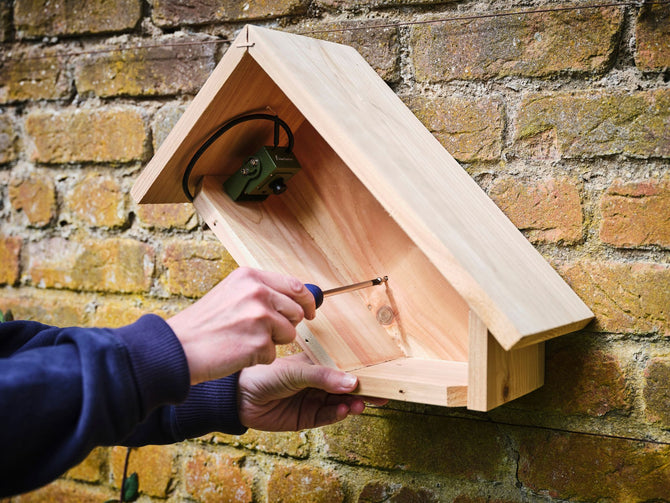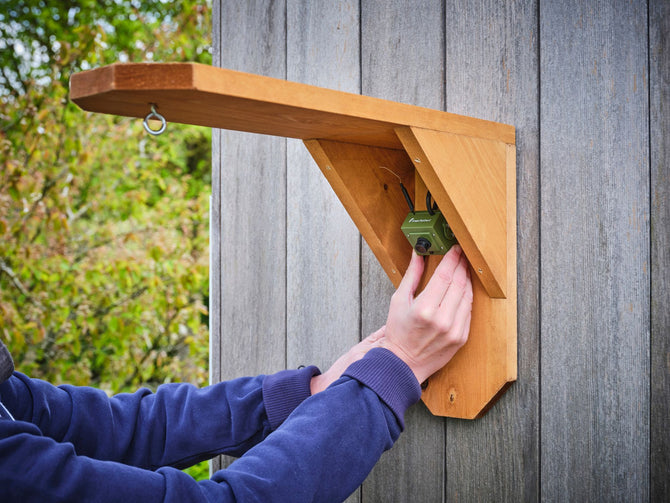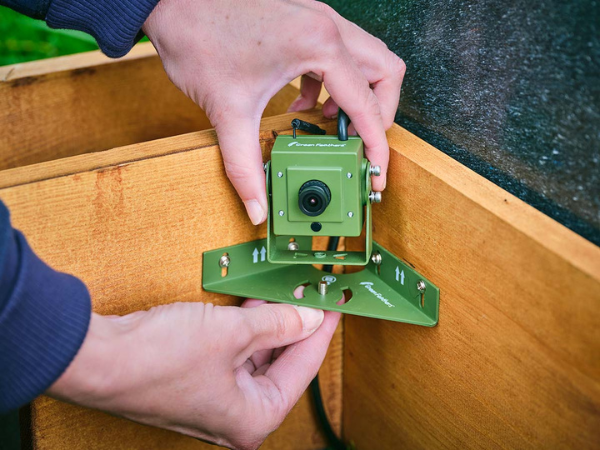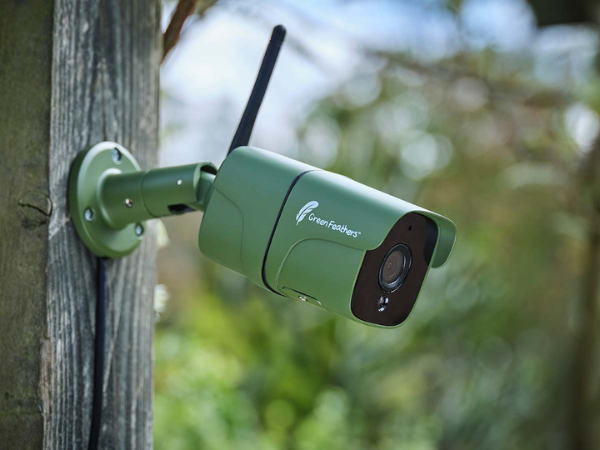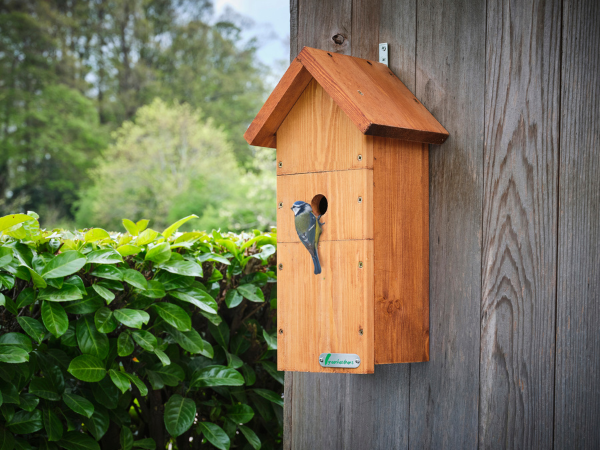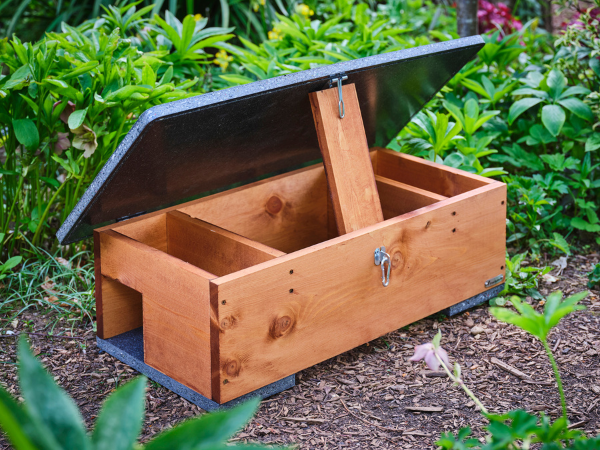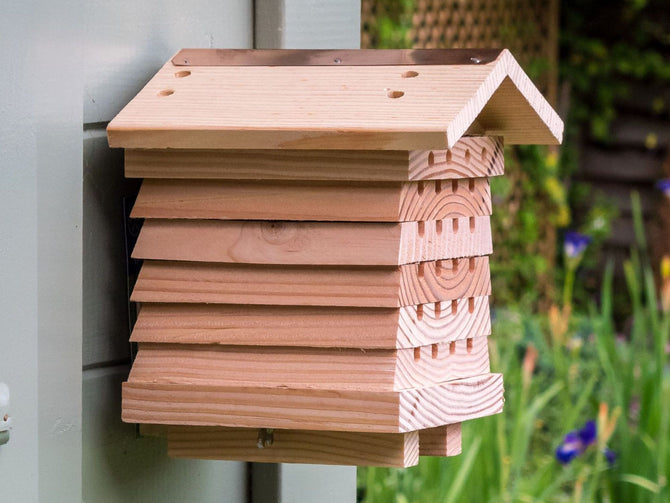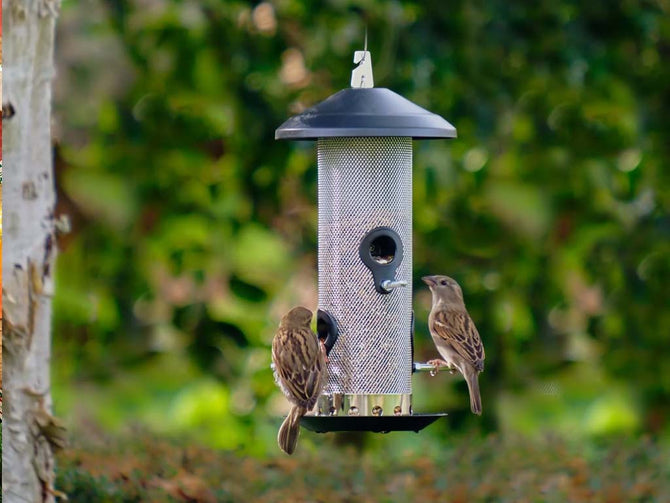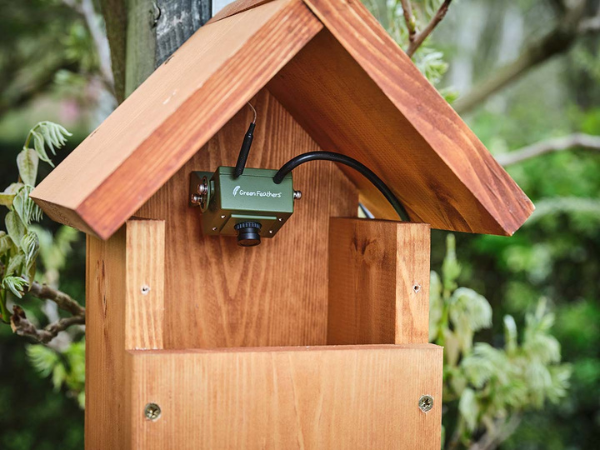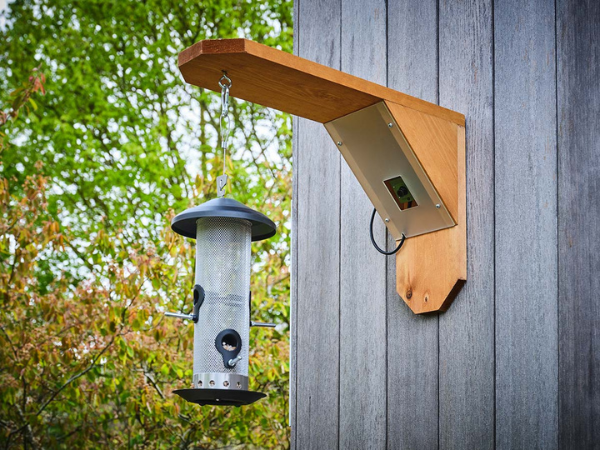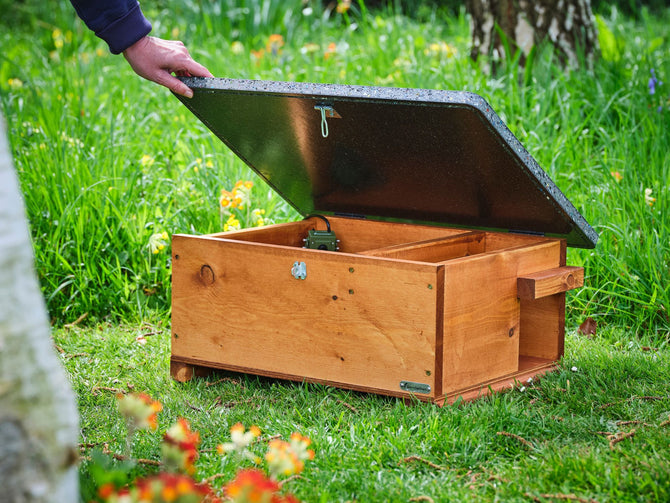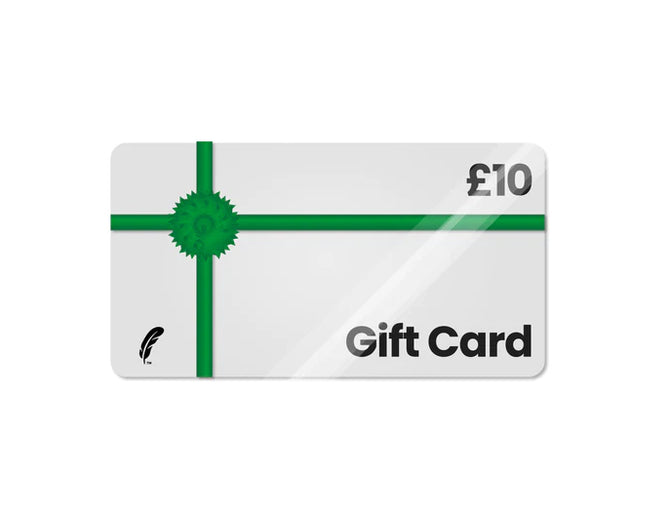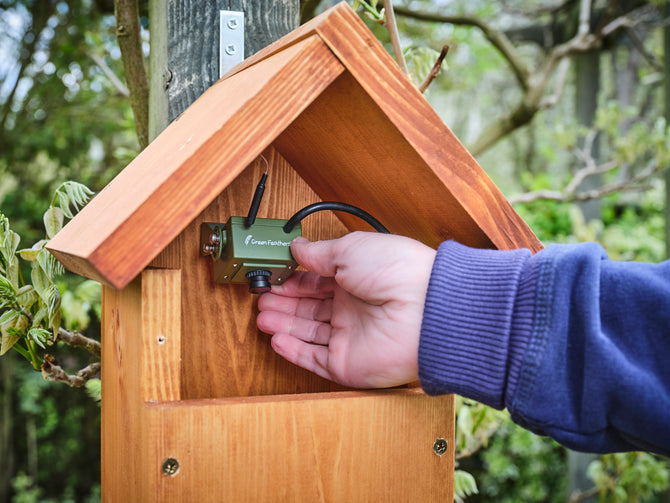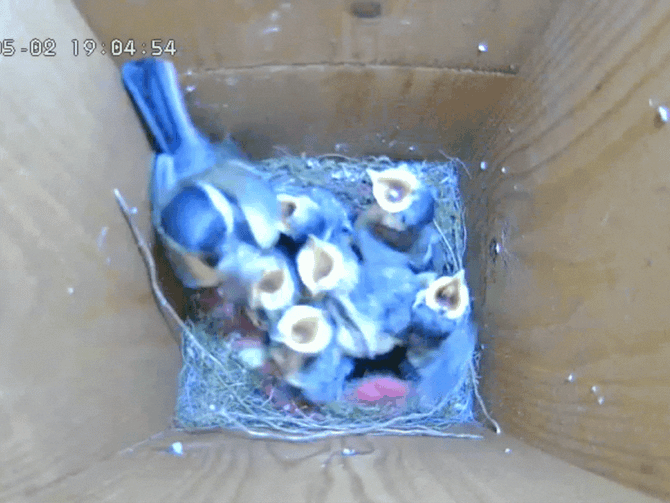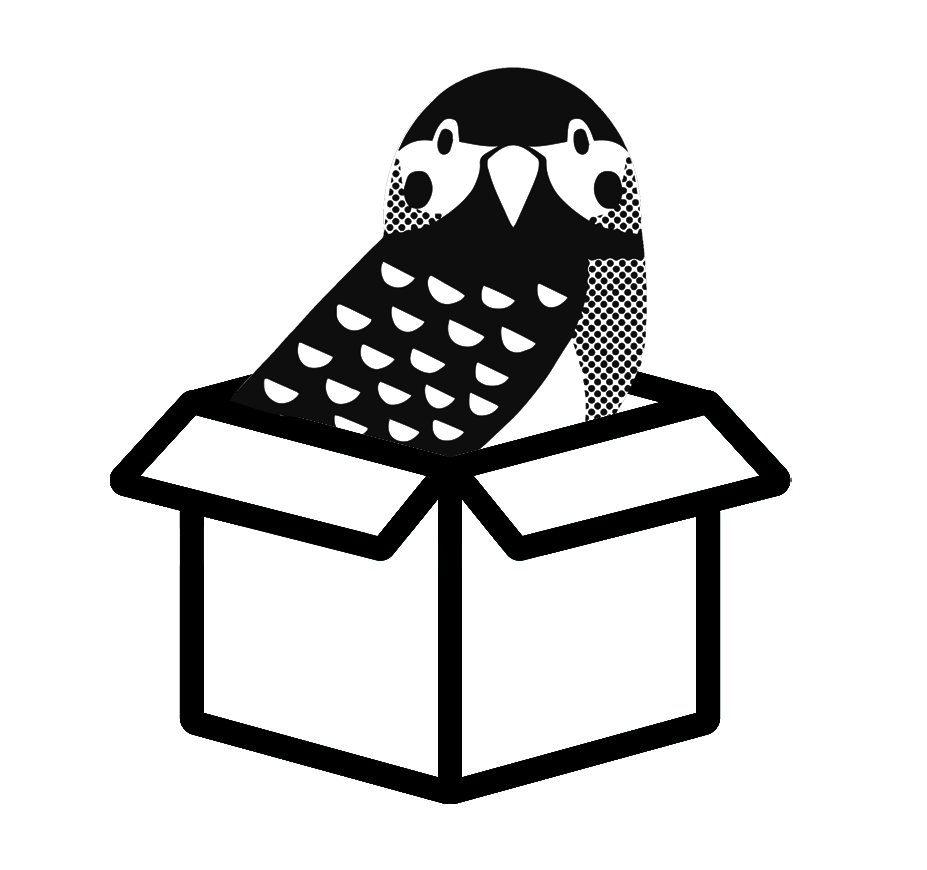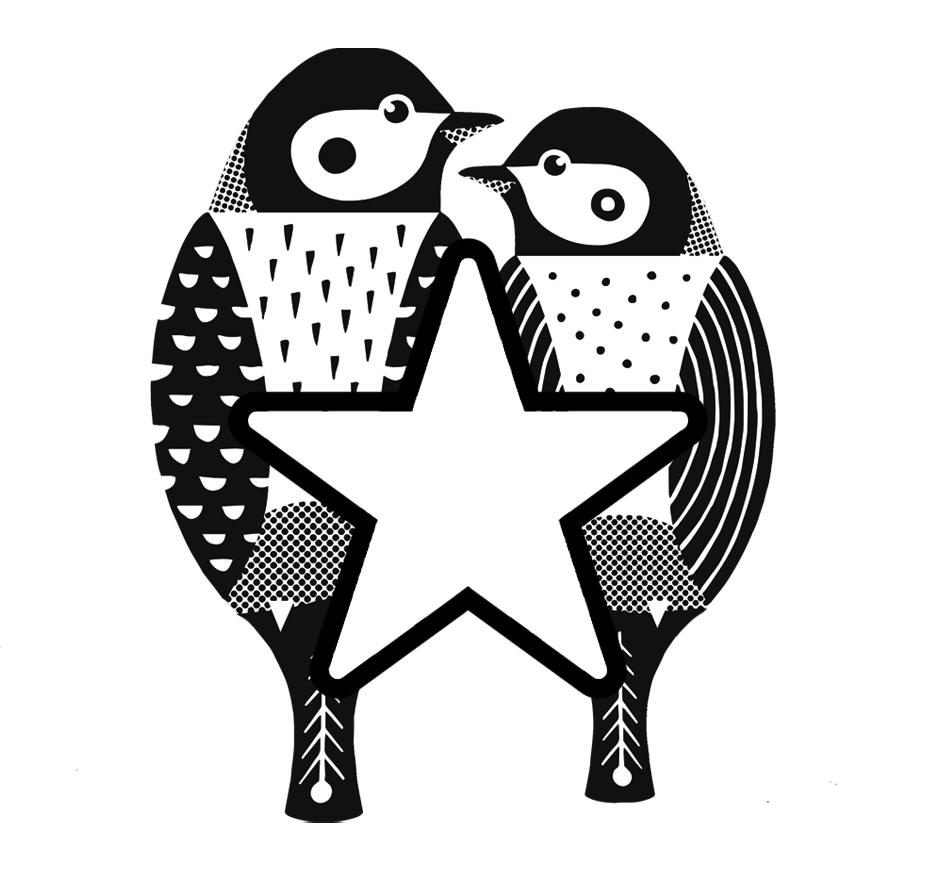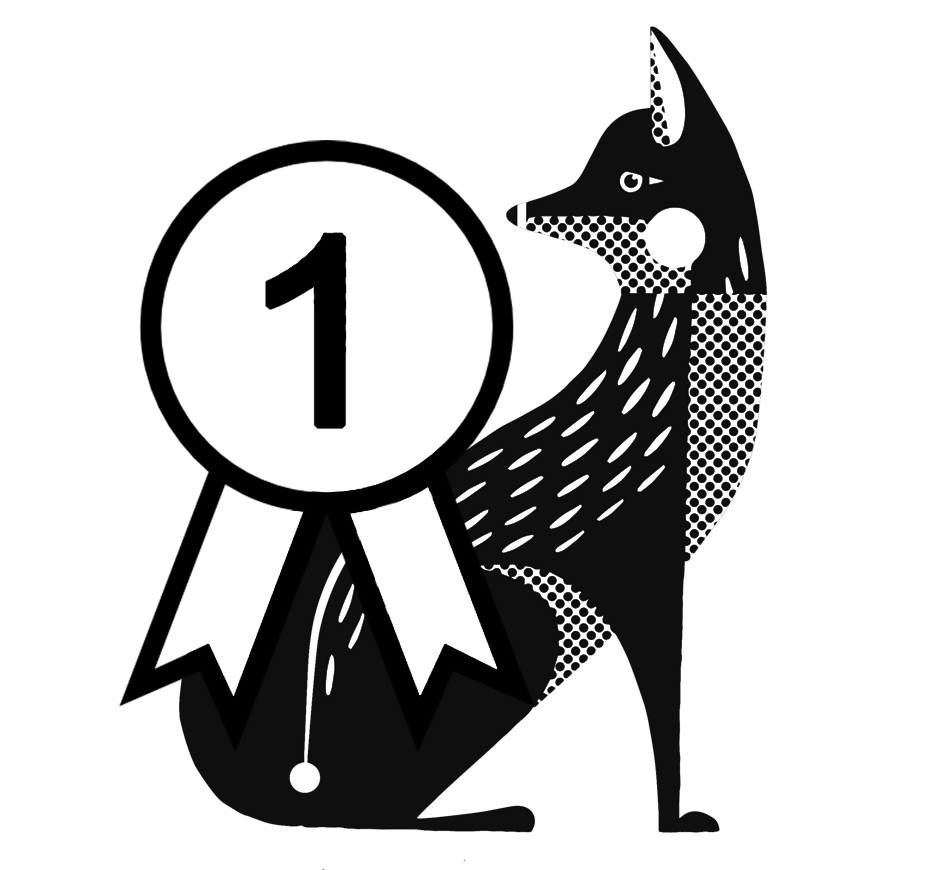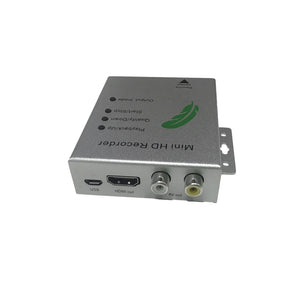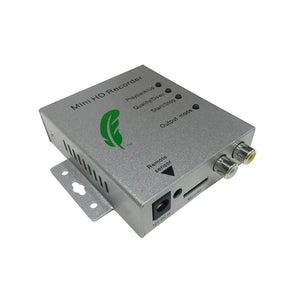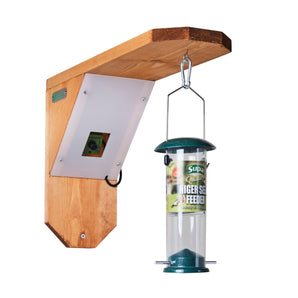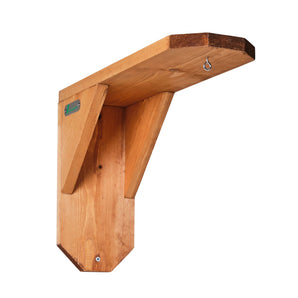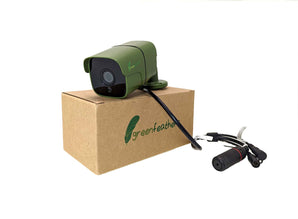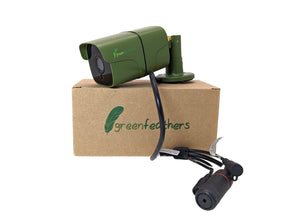
Contrary to popular belief, it is perfectly normal to see baby birds seemingly on their own. And now that spring is here; it’s more likely that you’ll cross paths with these fledglings, especially if you’re an outdoor lover. While this might appear like the opportune moment for you to become a wildlife saver, this is exactly what nature intended.
If you come across such fledglings, there’s no need to worry. Most of them don’t need assistance because they left the nest deliberately but can’t fly yet. Surprisingly, these young birds are still under the care of their parents.
If nature is your thing, your first impulse may be to lend a helping hand. Often, your act of kindness may only help to worsen the situation.
Though these youngsters don’t need assistance, some do, and it’s good to know how to spot them. But what is expected of you if you found a baby bird? Here's how to help a baby bird.

Is It a Nestling or Fledgling?
Before you go about helping seemingly abandoned birds, you need to tell whether the baby bird is a fledgling or a nestling.
It’s extremely unlikely that fledglings can be abandoned by their parents, and if you come across them, they should be left where they are.

Source RSPCA
And because fledglings are feathered birds, you can’t fail to identify fledglings because they’re generally adorable and fluffy.
Here's more on how to help fledglings, if they need it.
The same cannot be said about nestlings because they’re too young to be out of the nest, and they need your help. Most of these birds are small and typically naked. In other words, a nestling resembles an awkward young bird.
You can go further and observe the movement of the bird in question. While fledglings can hop, this is not the case with nestlings because the best they can do is drag themselves on the ground.
If It’s a Fledgling, Is It Healthy?
If the fledgling is healthy, walk away from the bird. According to conservationists, it’s unnecessary to rescue healthy fledglings because this can be detrimental to their development.
Believe it or not, this bird is getting along just fine. And if you find the bird’s nest, do not put them back in because they’re likely to hop right back out. Unknown to you, the bird’s parents keep an eye on them, but they have other offspring to watch.
If you’re still doubtful whether the parents will show up, just hang around and keep an eye out. Chances are that you’ll see them return.
But if the bird needs medical help, you should go ahead and secure it. While at it, ensure your hands are clean or gloved. Even as you work on how to get help, keep the bird warm and quiet.
The bird’s current state notwithstanding, do not attempt to care for it yourself or offer it any food or water. Due to their precise dietary needs, you risk choking a young bird if you offer them improper food. Instead, contact a local vet or wildlife specialist for advice.
To develop properly, birds feed on live insects for protein. For the young ones, they’re fed 3 to 4 times every hour.
As much as you want to help the bird, you’re allowed to stress it as little as possible. As such, it will help if you avoid excessive handling or exposing the fledgling to unfamiliar conditions.

What if It’s a Nestling?
If you cross paths with a nestling, help it. For starters, you should try and locate the baby bird’s nest and if you find it, simply put it back. From there onwards, the parents will resume care.
And there’s no harm with touching the baby bird because of fears that it will be rejected. While a bird’s sense of smell is not very well developed, it’s still there, and it’s unlikely that they’ll abandon their young one.
But what if the nest is simply out of reach or nowhere to be found? The best way out is to craft one yourself. In this case, anything dry will do. Having placed the nestling inside, you can affix the artificial nest as high up as possible in a tree close to where you spotted the bird.
Do not leave just yet, as you should keep an eye out for the parents. If they fail to show up within an hour, you can reach out to a wildlife rehabilitation centre near you.

Orphaned Baby Birds
If you’re a seasoned birder, you can hardly fail to tell that a bird is orphaned. For such birds, they’re likely to have been abandoned for far longer than usual, or a window strike or a predator may have killed their parents.
When faced with such a scenario, you should collect the young birds and hand them over to a renowned wildlife agency near you.
More often than not, you’re prohibited from keeping wild birds despite the fact that you plan to let them go. Even if you’re well-intentioned, you might end up doing more harm than good.
Besides a specialized diet, young birds require the company of their own kind if they’re to learn necessary skills for survival.
Bottom line
While young birds will often trigger compassion, the best you can do is to leave them alone. If need be, you can intervene in the most minor ways. In any case, the infant mortality for young birds is relatively high, but the strongest chicks will live on even without human assistance.
Always keep in mind that if a fledgling or nestling is removed from the wild, its chances of long-term survival are minimal. In fact, this option should be the last resort because it’s the worst thing that could be done.
But if you’re an animal-saving pro, you should bring a rescue kit with you and have the requisite skills of saving wild animals in emergencies.
If you’re not sure what to do with a young bird, you should contact your local wildlife rehabilitation centre before doing anything. In any event, the primary essence of the rehabilitation centres is to help distressed animals.
We hope you found this blog post helpful! Do let us know if you put any of the tips in to use.
This blog post does not represent expert advice and if you are in any doubt leave wildlife alone and contact a local expert!
